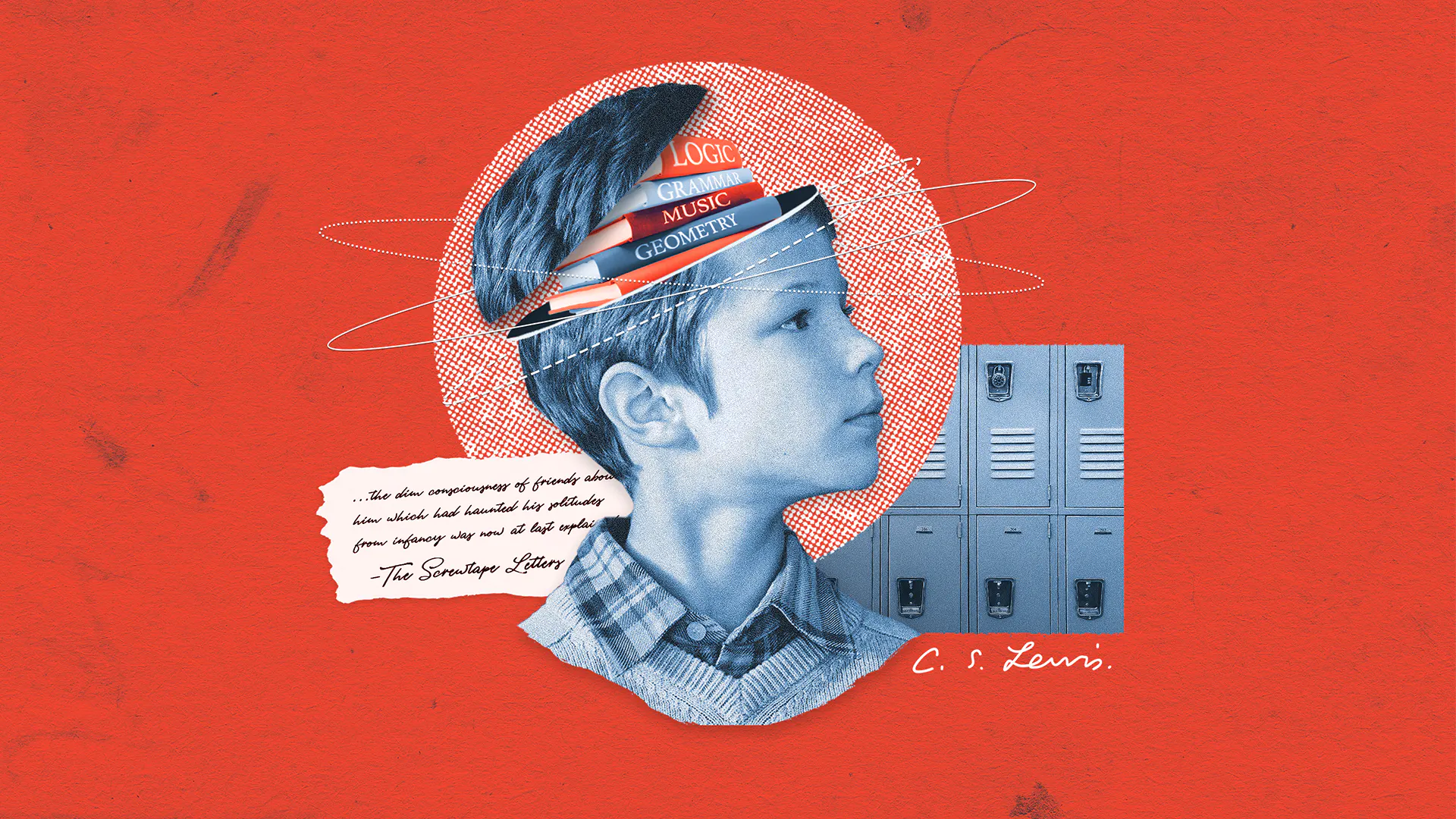COVID-19 has hurt public schools in America terribly, and that is a good thing. Not everyone realizes this because, as usual at this point, our media is hell-bent on reporting anything but the truth. But the truth is: remote learning was thoughtlessly implemented during the lockdowns and is now being maddeningly extended well past its sell-by date as a result of senseless keening from Teachers’ Unions and insane posturing by Democrats. This has gutted public schools, whose enrollment numbers (as policy analyst Inez Stepman reports) are plummeting.
Good riddance. Our public school system was long ago hollowed out by leftist ideologues the likes of revisionist historian Howard Zinn and New York Times race-baiter Nikole Hannah-Jones. Many of our public schools have become government-sponsored machines for pushing the worst kinds of abuse onto the children of unwilling parents. This system is a major engine of our national deformity and now is as good a time as any to grind its zombie corpse into the ground.
What will come in its place? That’s the question conservatives need to be asking right now — we can home-school, advocate for school choice and vouchers, form pods in which multiple families learn from one teacher — but what will we teach our kids?
C.S. Lewis had some answers.
I wrote in my last piece about Lewis’s philosophy of education, which was classical in the deepest sense of the word. For Lewis — as for Plato, Aristotle, Boethius, and Aquinas before him — education was not just about memorizing facts but about shaping the soul.
In The Abolition of Man, Lewis deplored the relativist materialism which had become par for the course in early education. Students were being taught to discount such words as “sublime” and “beautiful” when they read them in works of literature, because all judgments of the merely aesthetic kind were considered “subjective,” by which was really meant “arbitrary.”
In Lewis’s view this was a travesty: it taught students to misunderstand and “debunk” everything that is of value in literature and indeed in life. “That is their day’s lesson in English,” concluded Lewis, “though of English they have learned nothing. Another little portion of the human heritage has been quietly taken from them before they were old enough to understand.”
But if this is the case, then the reverse must also be true: there must be a kind of education which bestows the human heritage upon kids. This is the kind of education that was prescribed in classical antiquity: Plato advocated “gymnastics for the body, and music [meaning arts and sciences such as mathematics more generally] for the soul.”
After the classical era and during the medieval period this was developed into the “trivium” — the three basic subjects of grammar, logic, and rhetoric — followed by the “quadrivium”—the four advanced mathematical subjects of arithmetic, geometry, astronomy, and music.
Lewis knew that this kind of discipline was not an imposition but a gift, a way to usher kids into the full inheritance of their humanity.
In his fiction and nonfiction, Lewis constantly returned to the idea that God communicates with us most intimately, most secretly, in the stories we’re taught as children. Over and over, his characters who make it to heaven find themselves surrounded by half-forgotten figures and stories from their earliest life.
When the main human character in The Screwtape Letters finally dies, for example, he is greeted by the angels of God who have accompanied him secretly “at many an hour in his life when he had supposed himself alone.” In that bliss of recognition, “the dim consciousness of friends about him which had haunted his solitudes from infancy was now at last explained.”
Those childhood friends — the characters of nursery rhymes and fairy tales — had expressed to the boy, before he could have known it, all the majesty of heaven which he would one day see face-to-face. Like Lewis’s own Aslan, the great heroes of childhood legends enshrine in the backs of our minds the truths we will spend our whole lives trying to recover.
There are schools out there — the Great Hearts academies, for example, and other schools in the classical education movement — which are working to shape kids’ souls to the good in the classical way. In the years to come, it will be more important than we can even realize to throw our whole efforts behind supporting these promising fledgling efforts. The time is now and the stakes are high — our lives on earth, and our communion with heaven, may depend on it.
More from Spencer Klavan: C.S. Lewis On The Leftist Effort To ‘Reprogram’ People’s Minds
Spencer Klavan is host of the Young Heretics podcast and assistant editor of the Claremont Review of Books and The American Mind. He can be reached on Twitter at @spencerklavan.

Continue reading this exclusive article and join the conversation, plus watch free videos on DW+
Already a member?

.png)
.png)

